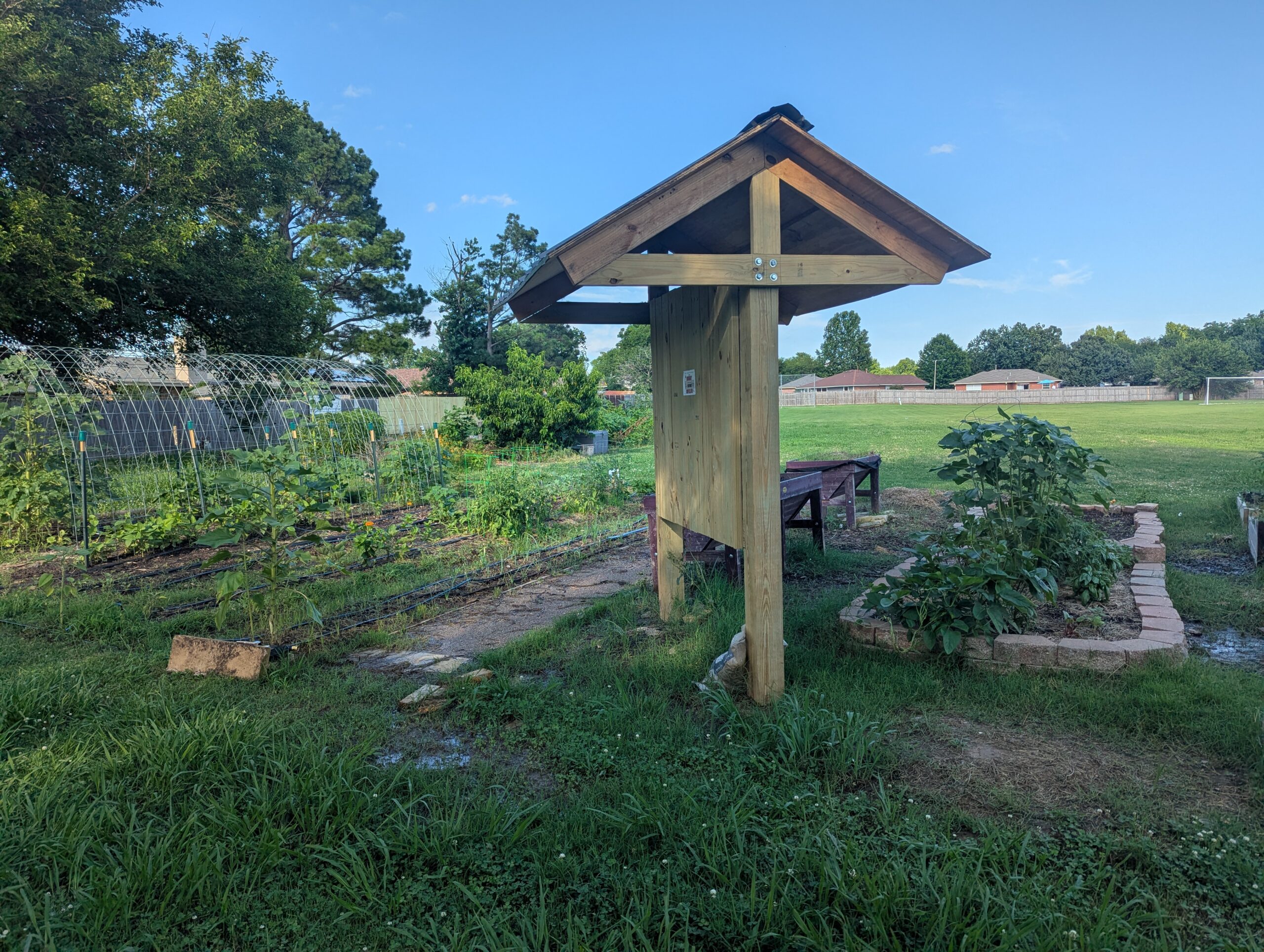Martine Jean is a visiting fellow at the Weatherhead Research Cluster on Global Transformations at Harvard University.
Website: https://martinejean.academia.edu

Alma mater/s: BA (history and Africana studies), Brooklyn College, CUNY, 2002; MPhil, Yale University, 2005; PhD, Yale University, 2011
Fields of interest: social, institutional, and legal history of crime and punishment in 19th-century Brazil and the Atlantic world; global history of the prison, race, and citizenship in the post-emancipation process
Describe your career path. What led you to where you are today?
I have always been exposed to history for as long as I remember. I grew up hearing the story of the Haitian Revolution from my grandfather. I also grew up seeing history memorialized on January 1 when every Haitian household, rich or poor, would eat pumpkin soup as a community. When I immigrated to the United States and attended Brooklyn College it seemed natural for me to pursue a BA in history. I had great mentors in Robert Scott of the Honors Academy, the Mellon Mays Program, and Dr. Régine Latortue in the Africana Studies Department. I was fascinated with the transition from colony to nation, race and citizenship in Latin America, and the Haitian and Cuban Revolutions. When I did an independent reading course with Prof. Schwartz at Yale I became absorbed with Brazilian history because, unlike most Latin America countries, independence there coincided with an expansion of slavery rather than its decline. During a research trip at the Rio state archive, I was presented with the prison records of the City Jail, which contained the individual entry forms of detainees, both slaves and free, men and women, from 1863 to 1960. As I read through the record, I began to inquire about the history of penal reforms and its relation with the expansion and decline of slavery in Brazil. I was hooked from that point on, though it has taken the digitization of the City Jail’s registry of prisoners to convince me to take on the task of writing a history of crime and punishment in 19th-century Brazil. It has often been a rocky road but my passion for research and the support that I get from family and other Brazilianist colleagues (Amy Chazkel, Peter Beattie) and my advisors at Yale (Stuart Schwartz, Gilbert Joseph) has been invaluable.
What projects are you currently working on?
I am finishing my book manuscript entitled Routine Imprisonment: Race and Citizenship in Nineteenth-Century Brazil, 1830-1890, under contract at the University of Texas Press. It investigates how the routine incarceration of slaves, free people of color, and liberated Africans tied race to penal practice in Imperial Brazil (1830-89). This summer, with the support of an NEH stipend, I will conduct additional research at the national archive in Rio de Janeiro to complete the manuscript. I plan to utilize some of the records that I collect on the prison population to contribute to slavebiographies.org, a database on the identities of enslaved people in the Atlantic world, and the Liberated Africans Project (liberatedafricans.org), which documents the experiences of an estimated 250,000 enslaved Africans who were emancipated through the international effort to abolish the traffic. Most of the liberated Africans in Brazil passed through the Casa de Correção in Rio before they were allocated to private and public employers as involuntary laborers. Long term, I am planning to produce a digitized database on Rio’s prison population in the 19th-century with relevance to scholars of crime and punishment globally.
What’s the most fascinating thing you’ve ever found at the archives or while doing research?
I am continually fascinated with the biographical information on common prisoners found in prison records. I like to imagine detainees as they navigate the streets and that fateful encounter that led to their arrest. I did not expect to find children in the penal system, sons and daughters of enslaved women who followed their parent to the prison. One scary and anecdotal finding recently was to read the story of female detainees in a northeast prison whose jail cell was invaded by snakes after the city cleaned its sewage system.
Why is membership in the AHA important to you?
Membership has been important in my professionalization. As a graduate student, attending the first AHA meetings were nerve-racking but they also re-affirmed that I was part of a larger community. The Conference on Latin American History holds its annual meeting at the AHA’s conference which is another reason why membership is important to me.
AHA members are involved in all fields of history, with wide-ranging specializations, interests, and areas of employment. To recognize our talented and eclectic membership, Perspectives Daily features a regular AHA Member Spotlight series.
This work is licensed under a Creative Commons Attribution-NonCommercial-NoDerivatives 4.0 International License. Attribution must provide author name, article title, Perspectives on History, date of publication, and a link to this page. This license applies only to the article, not to text or images used here by permission.



